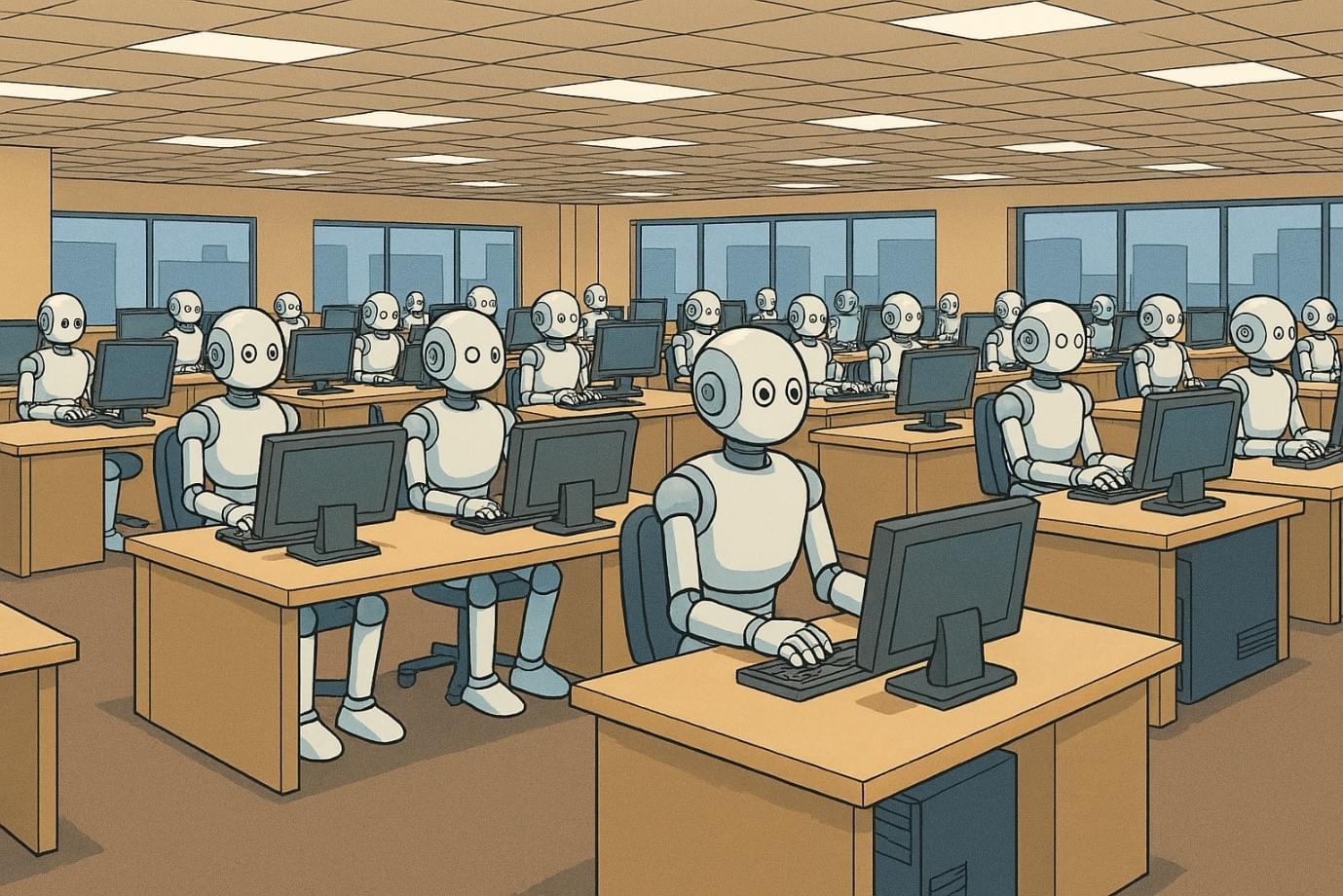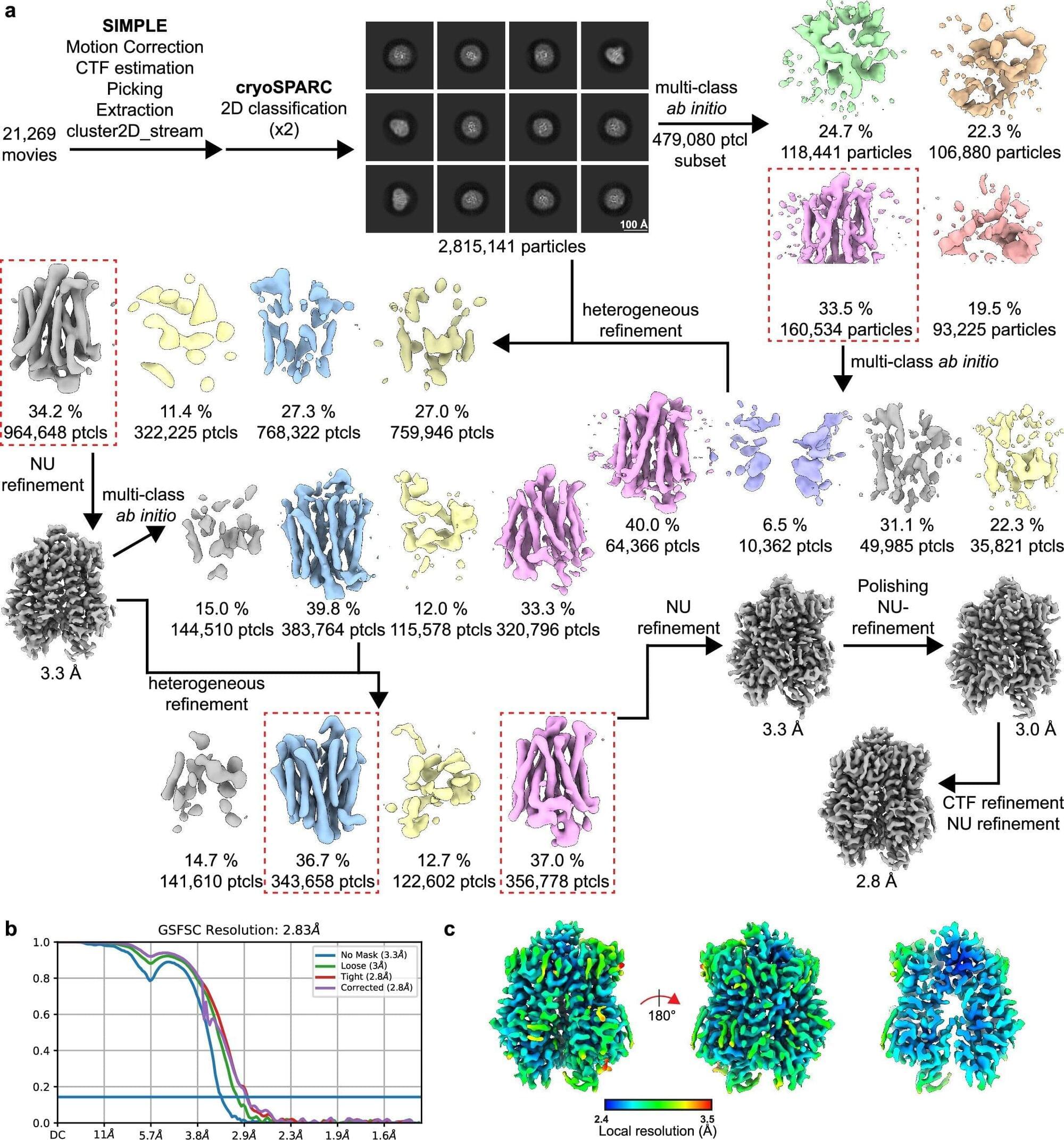We’ve all heard the arguments – “AI will supercharge the economy!” versus “No, AI is going to steal all our jobs!” The reality lies somewhere in between. Generative AI1 is a powerful tool that will boost productivity, but it won’t trigger mass unemployment overnight, and it certainly isn’t Skynet (if you know, you know). The International Monetary Fund (IMF) estimates that “AI will affect almost 40% of jobs around the world, replacing some and complementing others”. In practice, that means a large portion of workers will see some tasks automated by AI, but not necessarily lose their entire job. However, even jobs heavily exposed to AI still require human-only inputs and oversight: AI might draft a report, but you’ll still need someone to fine-tune the ideas and make the decisions.
From an economic perspective, AI will undoubtedly be a game changer. Nobel laureate Michael Spence wrote in September 2024 that AI “has the potential not only to reverse the downward productivity trend, but over time to produce a major sustained surge in productivity.” In other words, AI could usher in a new era of faster growth by enabling more output from the same labour and capital. Crucially, AI often works best in collaboration with existing worker skillsets; in most industries AI has the potential to handle repetitive or time-consuming work (like basic coding or form-filling), letting people concentrate on higher-value-add aspects. In short, AI can raise output per worker without making workers redundant en masse. This, in turn, has the potential to raise GDP over time; if this occurs in a non-inflationary environment it could outpace the growth in US debt for example.
Some jobs will benefit more than others. Knowledge workers who harness AI – e.g. an analyst using AI to sift data – can become far more productive (and valuable). New roles (AI auditors, prompt engineers) are already emerging. Conversely, jobs heavy on routine information processing are already under pressure. The job of a translator is often cited as the most at risk; for example, today’s AI can already handle c.98% of a translator’s typical tasks, and is gradually conquering more technically challenging real-time translation.






